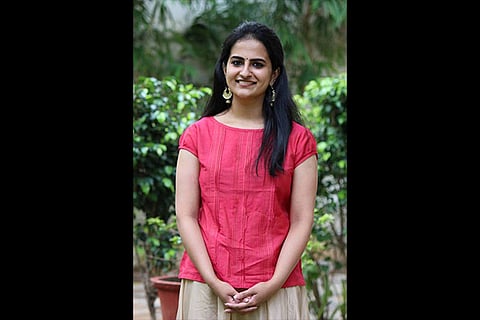

Chennai
Does it still hold patriarchal customs? How adaptive have women been to it? This is what an upcoming forum in the city hosted by Let’s Talk Life at Backyard, will discuss through poetry and literature.
“Sharada Vijay and I have been running Let’s Talk Life for a year now. We do a lot of events where we talk about different topics of social importance. A trend that we found was that people did not understand that certain issues were interlinked — like feminism, caste and religion. They are often, surprisingly, taken aback when we point out that religion can be patriarchal.
That it might be opposed to what a true modern thinking woman believes in. The immediate question we get is ‘Islam? Burkha?’ People are so sensitive to explore their own traditions and religious practices and see if they are actually in sync with their values. So how do we strike a balance? Do we let them go? If we can’t, how do we practise with sensitivity. That’s the idea of the event,” says Nandhitha Hariharan. The event will start off with a panel discussion. While Nandhitha and Sharada will moderate the session, the speakers are writer Kirthi Jayakumar and journalist-cum-activist Asma.
“All our events are followed by open mics. It’s usually a mixture of artforms like poetry, stand-up comedy, music etc. This time, the panel discussion will be for roughly 80 minutes, followed by poetry for 45 minutes,” adds Nandhitha.
Discussing sensitive issues like religion also comes with its share of challenges. “I think the biggest challenge is to really have an audience who come in with an open mind. For instance, we had someone who got very touchy about the topic online and started abusing Asma, calling her everything from a red terrorist to pointing out how it was “His India”.
There’s a certain amount of risk we take with doing this — people question how qualified we are to talk about the topics. They get offended quickly,” she muses. She adds that the true success of such discussions is when people start thinking, and without judgments and stereotyping. “We are increasingly moving towards a society where getting information outside your bubble is difficult.
For example, urban kids know very little about social exclusion. What they see and read online is what they subscribe to. So, the idea is to get experts give out unbiased and factual views so that people can later make their own perspectives and also become more aware and sensitive,” finishes Nandhitha.
Visit news.dtnext.in to explore our interactive epaper!
Download the DT Next app for more exciting features!
Click here for iOS
Click here for Android